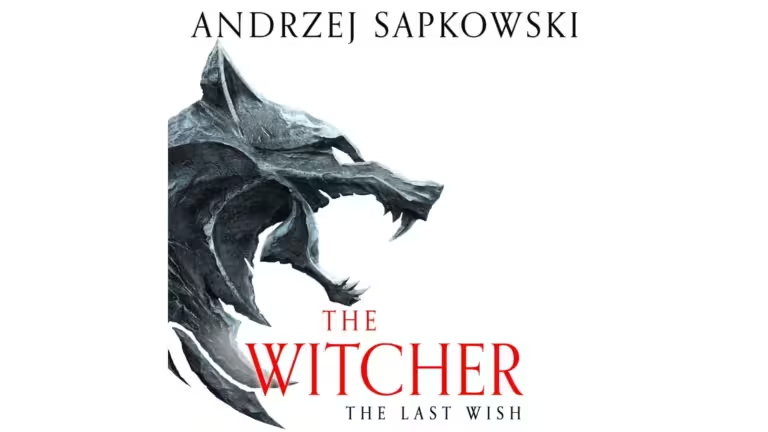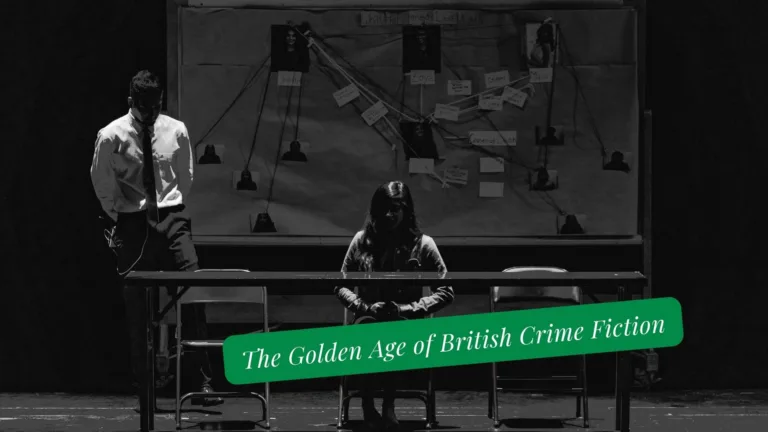Mr. Adams fastens the harness to his dog, Aero, before attaching the leash. He grabs his old leather hat, a book, a small pouch of cookies, and his keys. He leaves his house at exactly 3:55 in the afternoon unless it’s raining. For Aero’s sake, he walks around the neighbourhood before spending a few hours in his favourite park.
Mr. Adams is a fan of stories. His childhood was filled with all kinds of adventures from books and movies. If he was lucky, his parents would take him to the bookstore and let him choose any book he wanted. Unlike other children, Mr. Adams never imagined himself as the hero of any grand adventure. He always saw himself as the narrator.
What is a narrator, you may ask? A narrator is the most important person in each story. They determine the story’s point of view and push the story forward. Without a narrator, you may never know the end of a story.
Now, at 77 years old, Mr. Adams considers himself as the narrator of life. If the world is a stage, he is not an actor but an observer, sitting in the best seat to watch the story unfold. According to Mr. Adams, the best seat is not in a theatre but in his neighbourhood park.
“Ah, the actors are already here,” Mr. Adams thinks to himself. “Let’s see who we have today.”
“Let’s say we can afford a house right now. What if one of us gets sacked from our job? We wouldn’t have enough money to pay for the instalment,” a young man said to his wife. His voice is loud enough for Mr. Adams to hear clearly from his seat.
“I don’t know,” says the wife. “I just have this dream to have our own house so we can raise our child within the safety and comfort of our home. Our own. Plus, we did the math so many times. Our salary will be enough.”
Apparently, today is the classic marital story.
“I’m not convinced yet,” the husband responds. “We are lucky to have our room now. The lease is manageable, and the owner is a kind lady.”
“What would happen if the owner passes away? Don’t you want a bigger place for our family?”
“I don’t think we are in a financially secure state to make a rash decision about owning a house.” Upon hearing this, the wife looks dejected. “Maybe you are right,” she finally says.
Maybe this is a good time for the narrator to make an appearance, Mr. Adams ponders to himself. “I’m sorry. I don’t mean to eavesdrop on your conversation. You two seem like a lovely couple, and your discussion reminds me of my late wife.” Mr. Adams smiles politely at the couple. “I wanted to give the world to her, but I was too scared. And now that she is gone, I keep thinking, what was it that I was so afraid of? What could I have done to make our life happier?”
While delivering those lines, Mr. Adams’ clear brown eyes pay close attention to the couple’s expressions. Determination creeps into the husband’s expression, and a faint smile spreads across the wife’s face. “I’m sure you will have a wonderful life together. Good afternoon.” With that, Mr. Adams leaves the couple with a smile, hoping he has pushed their story forward to a happy ending.
Interesting story, but not unusual. Marital stories are not Mr. Adams’ cup of tea. He resumes his walk around the park and soon finds himself sitting on a park bench beside a sad-looking actress. Mr. Adams opens his book with no intention of reading it. He has mastered the art of subtlety while appearing nonchalant. Now his gaze is focused on the lady sitting on the bench next to him.
“I don’t think I can do this anymore,” the lady says to someone on her phone. “I’m not suited to tend to my mother. What if something happens while she’s in my care? It is hard enough seeing her fragile state now. I’m scared of losing her.”
She wipes a tear from her cheek with the back of her hand, her face contorting in pain.
“She should’ve been with my sister. She would know what to do.”
Her breath catches, and she lets out a shaky sigh. “I cannot even maintain anything in my life. I lost my job and my fiancée. What if I am doomed to fail in anything?” her voice breaks into a sob.
Very interesting. Mr. Adams waits patiently until the young lady finishes her conversation. She just sits there, looking lost, her fingers nervously tapping the edge of her phone. Mr. Adams flicks a small cookie in the lady’s direction. Seeing the cookie, Aero wags his tail and runs to the lady’s feet.
“Hold there, Aero. Don’t scare the lovely lady. I’m sorry, this is my dog. He is very fond of this park.” Mr. Adams introduces himself. “I don’t mean to intrude, but I heard a glimpse of your conversation earlier.”
“About my miserable life?” she asks, a faint, weary smile playing on her lips.
“Miserable? No, I wouldn’t say that. In my old age, I’ve realized that misery is only a concept in our mind. We may believe in this concept for so long that we are unable to see anything else. We cannot hold onto the future or the past. Rather than asking, ‘What could I have done to make it work?’ I would ask, ‘What can I do to make my life happier?’”
“But that’s just me rambling. Good afternoon, young lady.” With that, Mr. Adams walks home with Aero and a smile.
A narrator pushes a story forward, but the decision will always be in the hands of the actors. We all know a story can have two endings. If you have Mr. Adams as your narrator, which ending will you choose?
Author’s Note
Welcome to Muse of Book’s original stories’ section. I aim to bring you new and imaginative tales every once in a while. This story was inspired by the way a dog’s simple presence can brighten even the gloomiest of days. Reminding me that sometimes, the smallest moments can push our stories forward. Find out other stories in the Literary Muse section.





